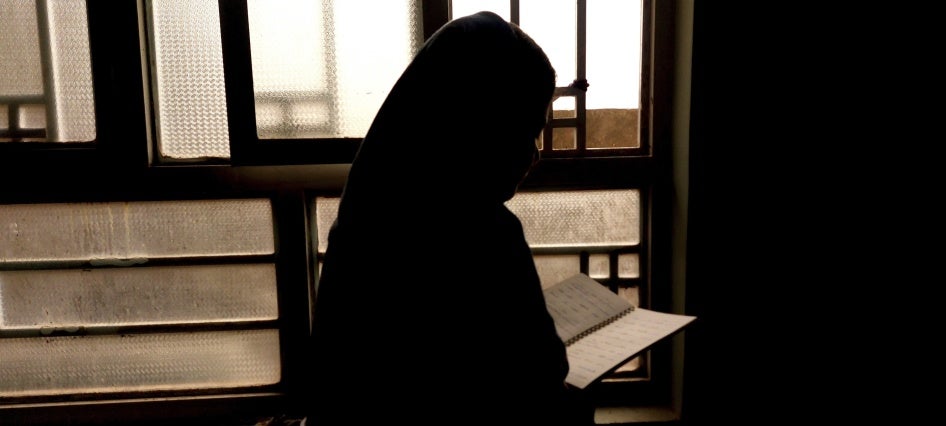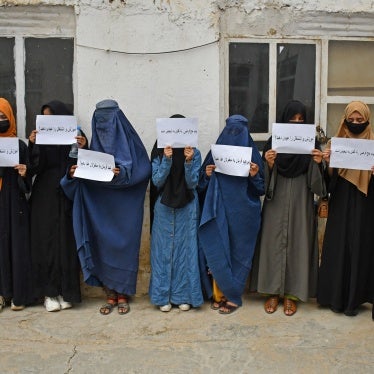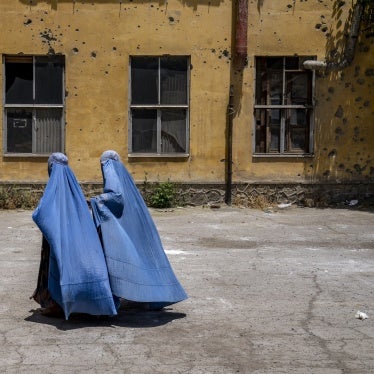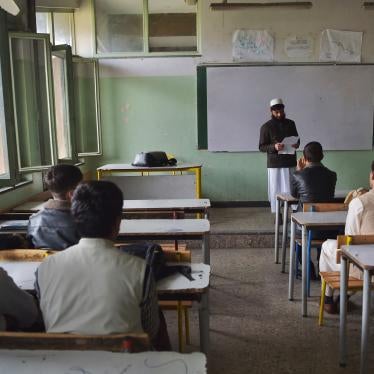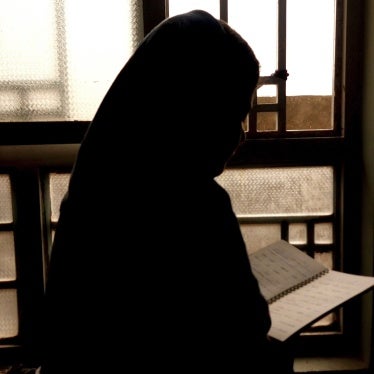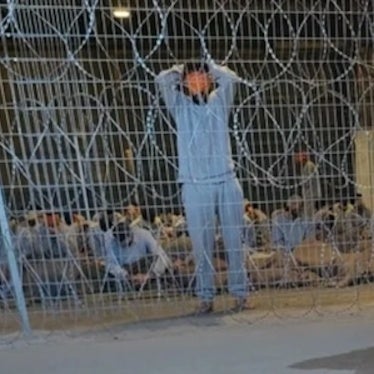Last week, the Taliban in Afghanistan published outrageous new laws on “vice and virtue” that require women to completely cover their bodies, including their faces, in public at all times.
In issuing the law, the Taliban claimed that women's voices could lead to vice, referring to their voices as aurat (a term in Sharia, or Islamic law, that signifies a man or woman’s intimate parts, which must be covered).
Reducing their voices and bodies to things and sources of sin is an egregious act of sexualizing and objectifying women. These laws attack women’s personhood and autonomy, contributing to their further erasure from society. The Taliban have also announced that women should not be heard speaking, singing, or reciting aloud in public.
When the Taliban regained power in Afghanistan three years ago, some were optimistic that “version 2.0” would be different and more open to women’s rights and human rights, as if their initial rule from 1996 to 2001 was not already defined by oppression and misery for the people of Afghanistan, particularly women and girls. For much of the international community, it seemed the Taliban’s past record, marked by unrelenting repression, flogging, stoning, and public executions, was easily forgotten. Many diplomats seemed quick to overlook the civilian lives lost due to Taliban attacks throughout the previous republic era.
Since 2021, the Taliban have persistently attacked women's autonomy, oppressing them from every angle. They have banned girls and women from education beyond sixth grade, many forms of employment, and from public life. Having reduced women and girls to the status of non-humans, they severely restrict their movement, denying them any sense of agency or autonomy.
After the new laws were announced, many Afghan women bravely defied the ban. Some women inside Afghanistan posted videos of them singing. Others gathered in parks outside the country, singing about freedom and women’s resistance, chanting that no one and nothing can silence the women of Afghanistan.

